 Written by Vita Ayala
Written by Vita Ayala
Art by Paco Medina
Published by Marvel Comics
We’ve had 20-some years of mutanthood as a stand-in for queerness in X-Men lore, and years of queer mutant characters from Iceman on down. But Children of the Atom is a book tackling 2021 queer identity politics through the mutant lens.
And in case you hadn’t caught all that already in the previous issues, No. 6 closes the circle and this current story arc by hitting things right on the nose.
Almost too on the nose?
My favorite bits of this issue are when Carmen goes to Krakoa for the Hellfire Gala. Even if calling the thing the Hellfire Gala feels kinda suspect for a benign evening “to celebrate mutant culture and to strength Krakoa’s friendship with the nations of man.”
I mean, Emma Frost and them used to run the Hellfire Club, which was named after the historical secret group of the same name. Those parties were chock-full of elites engaging in libertine and libidinous behavior, according to historical record.
And now here’s teenage Carmen walking around something named after a thing associated with secret orgies?
OK. I wouldn’t mention the party’s name to Mom and Dad, or mention it at all, if I were in Carmen’s shoes!
And Carmen doesn’t mention it to her family, but not for the branding reasons. It’s because she hasn’t come out to them as a mutant yet.
But hey, Vita Ayala may be drawing on this kind of background on purpose in explicitly connecting mutanthood to queerness as both intrinsic to self and political as an outward, collectivizing identity. Krakoa, both in Ayala’s writing and Paco Medina’s pencils, feels and looks like some of my favorite queer clubs and group spaces. Spaces full with community amid singularity, fashion and color, and positive sexuality.
These are spaces built to offer freedom and safety from discrimination, dispossession and death from the dominant culture which seeks to exterminate or erase them. And that identification is suffused with sex and sexuality. Yes, it’s to whatever degree one is comfortable with, but it’s sex-positive as simply a part of life and self-discovery for you alongside people taking similar journeys or living similar lives and headspaces.
That’s the fantasy here that feels super-real to me. How can’t it be, given what Carmen puts on for the Gala, and how Twitter went agog at Russell Dauterman’s sexy fashion designs?
It’s the other parts of the fantasy that don’t feel as real to me, whether:
Carmen’s reconciliation with the Children of the Atom team after their blow-up when she rightfully tells them off for their misdeeds in posing as mutants and using their friend Cole for possible mutant DNA to get into Krakoa (what happened to that side plot with him and his mysterious recovery?);
Children of the Atom’s “oh, we just didn’t tell you we weren’t mutants” excuse on mutant-following social media after pages of them discussing among themselves that their appropriation of mutant identity was wrong;
The highly emotionally intelligent, in-a-group discussion of Carmen and Buddy’s same-sex love with Gabe being all “oh, that’s chill” about it all and saying he’s gotta work on himself so go ahead;
And Carmen’s adoptive father’s nuanced speech about how he was at odds with Xavier’s politics and Krakoa as a sociopolitical reality, not mutants themselves, after an “of course you’re queer” assumption discussion before Carmen comes out as, well, both?
That’s not to say it wasn’t cool to see show up in this book, or any mainstream superhero comic book! It just didn’t feel like it got worked into everything well enough and this issue had to abruptly tie up every loose end or the arc rather than letting these things get complicated and develop over future issues/volumes.
That said, it’s nice to see queerness without tragedy. That’s a fantasy we all can use more of, both in fiction and reality.



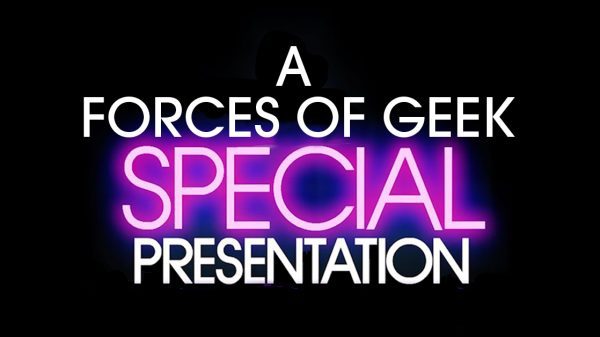





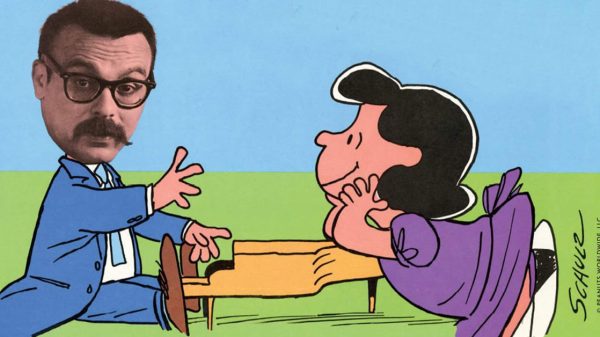

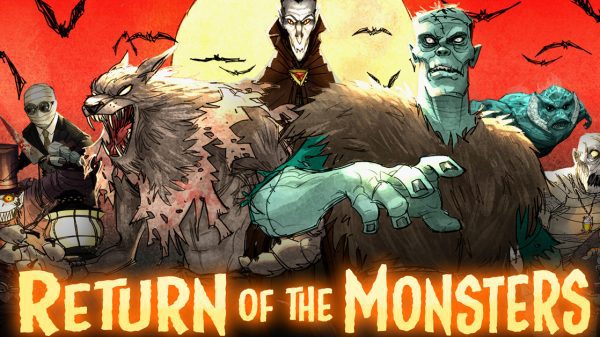




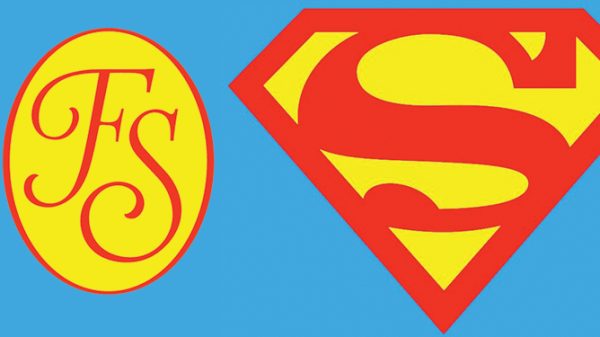


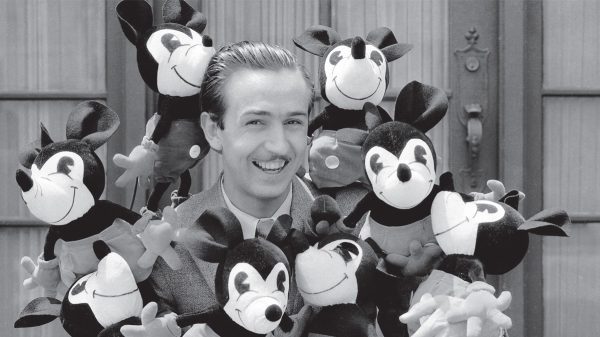
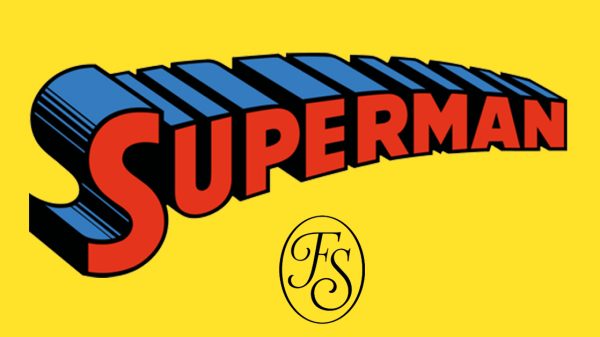

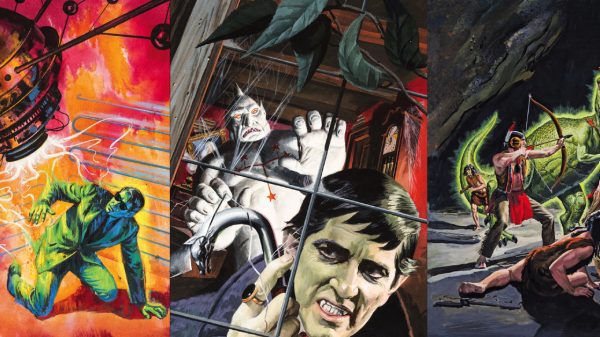






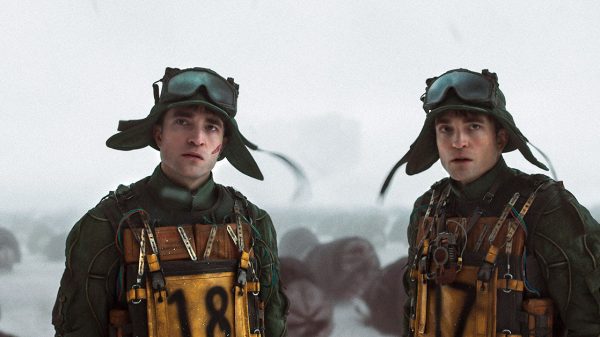
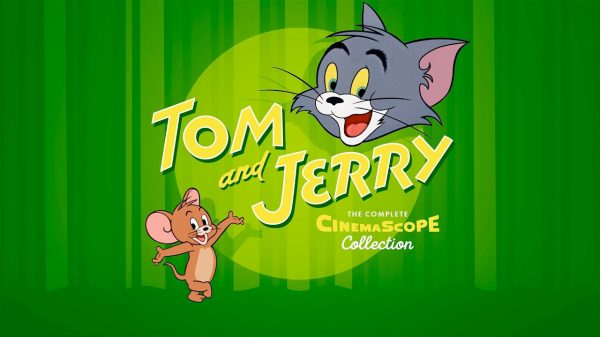


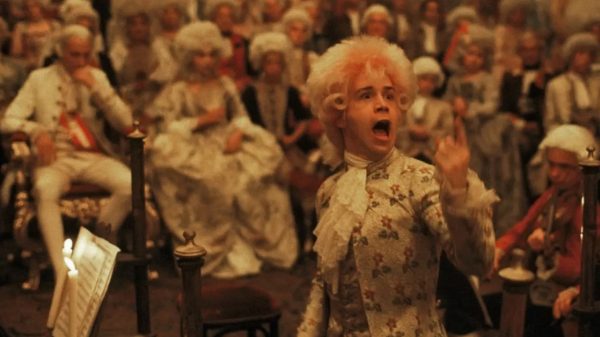
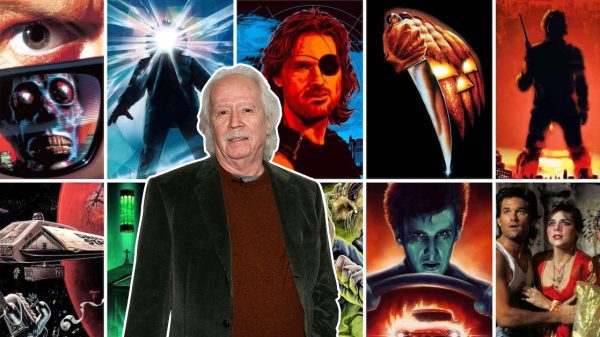
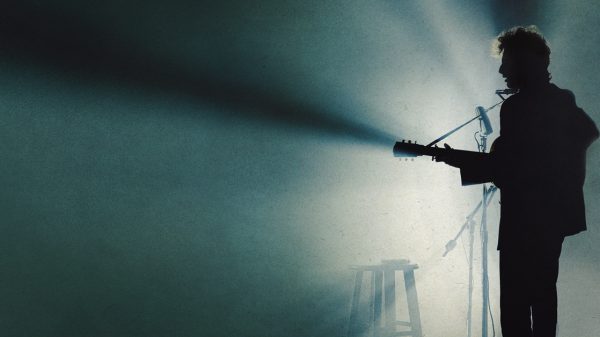







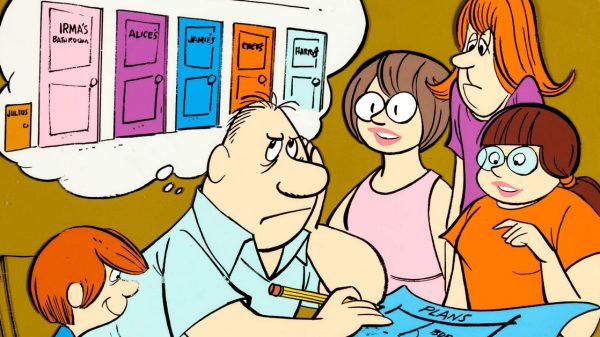
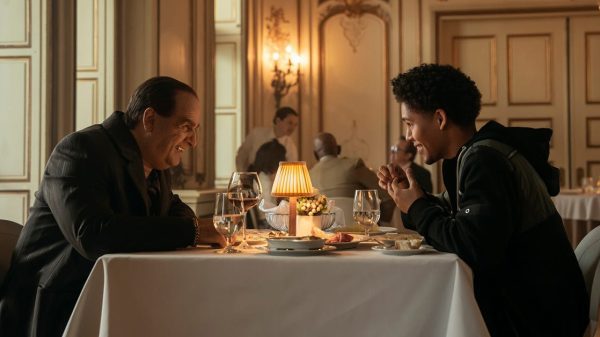
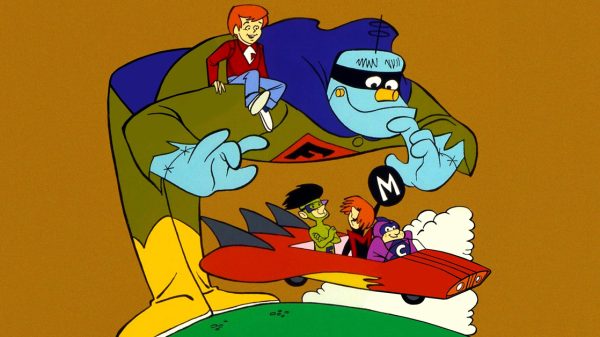
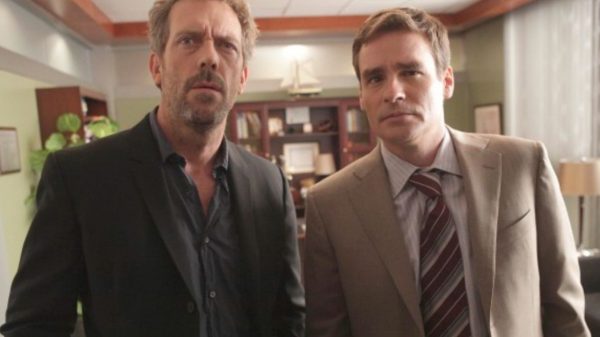




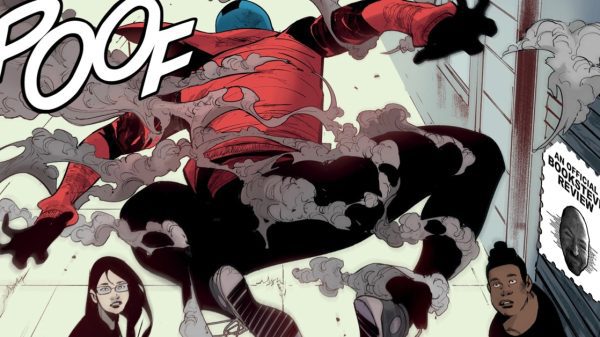
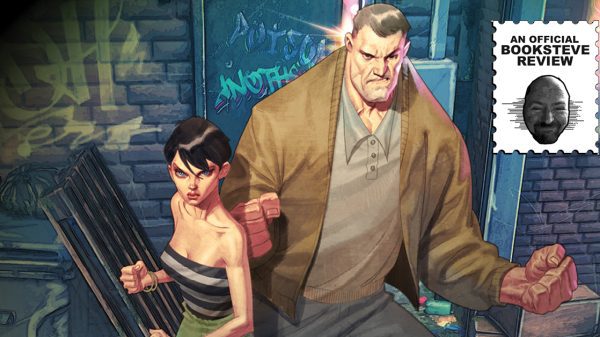

























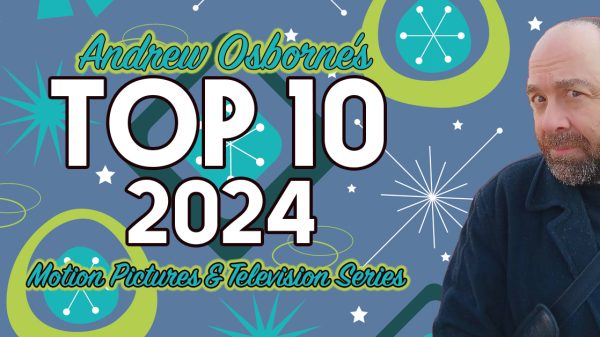
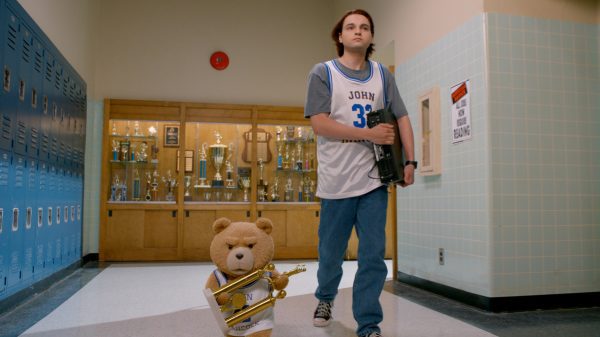
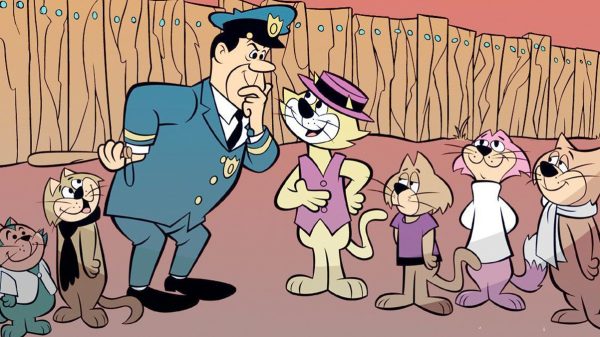










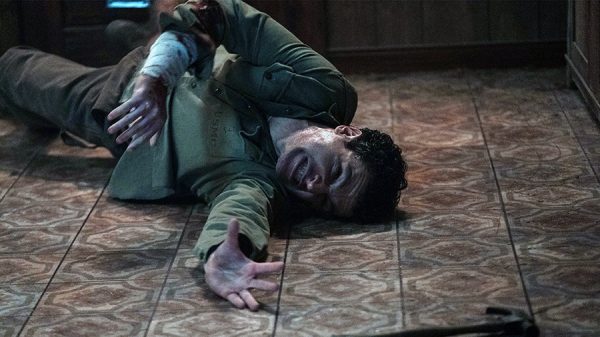
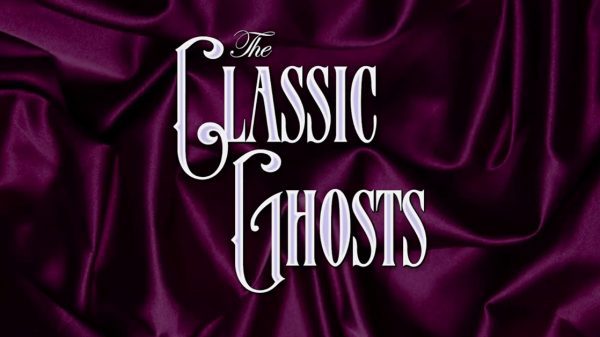
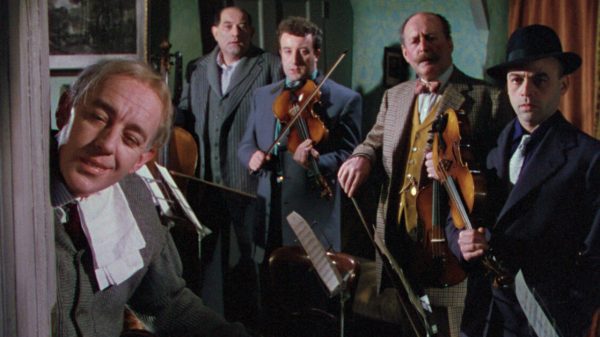









You must be logged in to post a comment Login